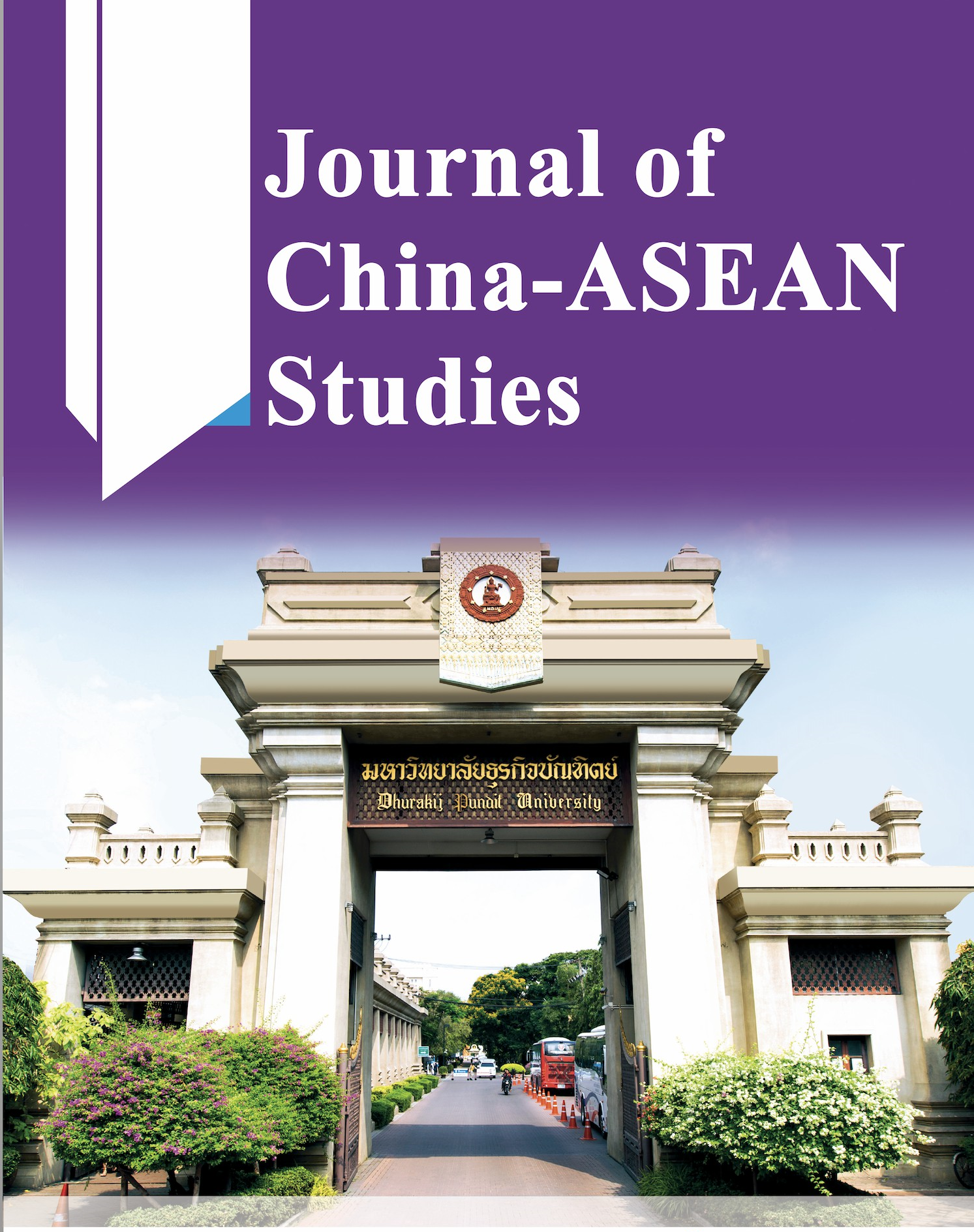Higher Education Curricula for Ecologically Sustainable Development
Keywords:
higher education, curriculum, sustainability, ecology, sustainable development, Bowers, NaessAbstract
This paper considers the practice of higher education curricula for sustainable development under
ecological crises. Therefore, the deficiency of an environmentally sustainable notion in higher
education curricula is first examined based on the work of American educationist C. A. Bowers.
Second, borrowing from the notion of deep ecology developed by Norwegian philosopher Arne Naess,
I discuss the perspective of ecological significance, and how to develop a deep ecological attitude in
university learning for sustainability. Third, drawing from the concepts of both Bowers and Naess, I
elaborate on possible practices of sustainable development in higher education curricula, including
defining the aims of sustainable education, exploring sustainable forms of cultural practice,
developing an ecologically sustainable lifestyle, and formulating an interdisciplinary curriculum
structure.
References
Barnett, R. (2011). The coming of the ecological university. Oxford Review of Education, 37(4), 439-455.
Barnett, R. (2014). Thinking about higher education. In P. Gibbs & R. Barnett (Eds.), Thinking about higher education (pp. 9-22). Springer.
Barrie, S. (2006). Understanding what we mean by the generic attributes of graduates. Higher Education, 51(2), 215-241.
Bowers, C. A. (1993).Critical essays on education, modernity, and the recovery of the ecological imperative. Teachers College.
Bowers, C. A. (2011). University reform in an era of global warming. Eco-Justice Press.
Bragg, E. A. (1996). Towards ecological self: Deep ecology meets constructionist self-theory.Journal of Environmental Psychology, 16, 93-108.
Devall, B. (1995). The ecological self. In A. Drengson & Y. Inoue (Eds.), The deep ecology movement: An introductory anthology (pp. 101-123). North Atlantic Books.
Marginson, S. (2014). Higher education and public good. In P. Gibbs & R. Barnett (Eds.), Thinking about higher education (pp. 53-69). Springer.
Naess, A. (1995a). The deep ecological movement: Some philosophical aspects. In G. Sessions (Ed.), Deep ecology for the twenty-first century (pp. 64-84). Shambhala.
Naess, A. (1995b). Self-realisation: An ecological approach to being in the world. In A. Drengson & Y. Inoue (Eds.), The deep ecology movement: An introductory anthology (pp. 13-30). North Atlantic Books.
Naess, A. (1995c). Deep ecology and lifestyle. In G. Sessions (Ed.), Deep ecology for the twenty-first century (pp. 259-261). Shambhala.
Naess, A. (1995d). The systematization of the logically ultimate norms and hypotheses of Ecosophy T. In A. Drengson & Y. Inoue (Eds.), The deep ecology movement: An introductory anthology(pp. 31-48). North Atlantic Books.
Naess, A. (1995e). Deep ecology for the twenty-second century. In G. Sessions (Ed.), Deep ecology for the twenty-first century (pp. 463-467). Shambhala.
Naess, A. (1995f). Ecosophy and gestalt ontology. In G. Sessions (Ed.), Deep ecology for the twenty-first century (pp. 240-245). Shambhala.
Naess, A. (2005). Science in ecologically sustainable societies. The Trumpeter, 21(2), 16-20 (Original work published in 1992).
Naess, A. (2008). Sustainability! The integral approach. In A. Drengson & B. Devall (Eds.), Ecology of wisdom (pp. 293-301). Counterpoint.
Naess, A. (2010). Gestalt thinking and Buddhism. In A. Drengson & B. Devall (Eds.), The ecology of wisdom: Writings by Arne Naess (pp. 195-203). Counterpoint.
Sterling, S. (2013). The sustainable university: Challenge and response. In S. Sterling & L. Maxey & H. Luna (Eds.), The sustainable university: Progress and prospects (pp. 17-50). Routledge.
UNESCO (2012a, July 3). From green economies to green societies: UNESCO’s commitment to sustainable development.
UNESCO.http://unesdoc.unesco.org/images/0021/002133/213311e.pdfUNESCO (2012b, July 3). Exploring Sustainable Development: A Multiple-Perspective Approach. UNESCO. http://unesdoc.unesco.org/images/0021/002154/215431E.pdf






